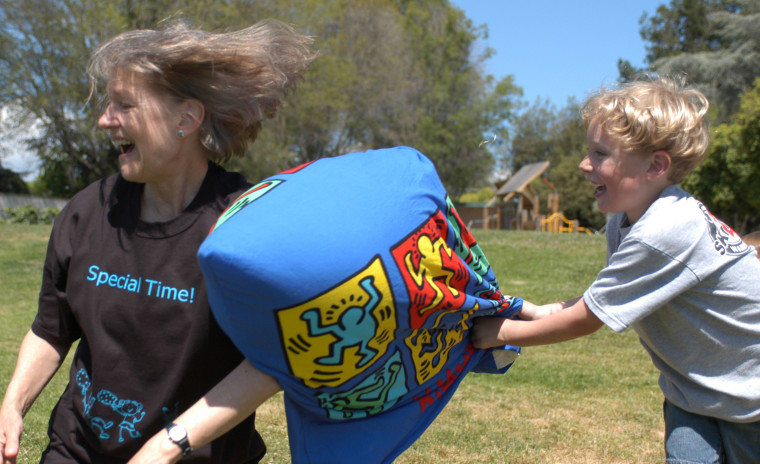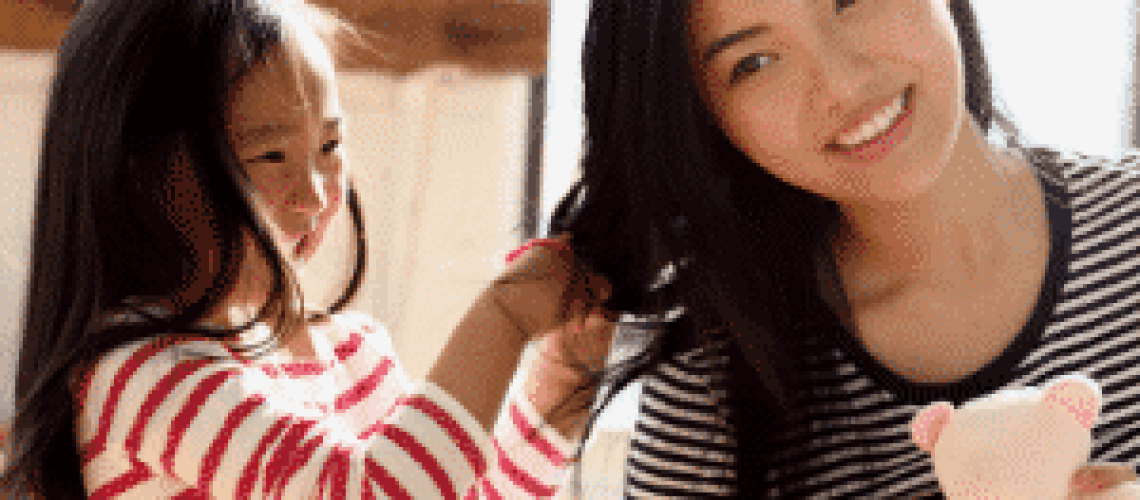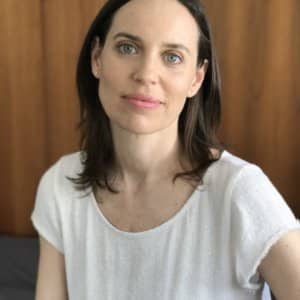Savannah Sanfield trained clinically to work with children but felt so disheartened with the system she found herself in once qualified she focused on working with adults. It wasn't until she became a parent needing practical tools and support herself that she discovered an approach that helped not only her family but in her clinical work too.
You had worked with children in your capacity as a therapist. How did that prepare you for becoming a parent?
I was shocked at how ill-equipped I felt to manage the big feelings and contrarian behavior that came up in my own children, especially given how educated I am. I assumed that between the Masters in Psychology, the 5 years of clinical training with children, the personal therapy, the “Mommy and Me Classes,” the RIE classes, the amazing friends I have who are themselves therapists, and an arsenal of parenting books by my bedside meant that I would have this covered!
That wasn't so?
I still found myself reduced to tears, or yelling either at my kids or my husband or both to just get us out the door in the morning. How could this be?
So you came to Hand in Hand first as a parent rather than a therapist?
Yes. The class was led by Abigail Wald and I have to say I was really impressed with her. She was such a great therapist – which was very interesting and relevant to me because I am a licensed therapist and she is not!
I just felt like I wanted more and more of the information she was sharing about parenting, and more of the kind of support I was getting from her.
Why did you decide to progress with the approach by taking the Professional’s Intensive?
When I began my career as a therapist I had intended to work with children. In fact, I did almost all of my clinical training with children and families in several different clinic and inpatient settings. I also worked in the foster care system doing therapy home visits and school visits, but sadly by the time I was licensed I was so disheartened that I decided to stop working with children.
I wanted to feel like I was making a tremendous difference and despite my passion and efforts, I doubted my efficacy.
I also was not a parent myself yet and found it hard to connect with the true struggles of parenting without having that first-hand experience. I just didn’t feel qualified, despite my training.
I designed my private practice around individual adults and couples only. Once I discovered the Hand in Hand model I was inspired to rethink my approach to helping families. I signed up for the professional intensive to see if I could start integrating some of the Hand in Hand ideas into my practice.
What elements of the approach attracted you?

My first experience was of Patty, Hand in Hand’s founder. I watched her on a video and was moved by her presence. She developed this approach over the course of a lifetime, not as a clinician per say, but through a deep and committed resolve to heal.
Her tools fit very beautifully in the context of the clinical world but her refinement of them seems to have evolved over time in a subtle, and I want to say feminine way. This is what makes them so simple and yet profound. I would even venture to say that the listening tools are basically what is most effective about therapy condensed into a very applicable and accessible form.
It seemed to me that there were a lot of different ways to integrate this approach into a therapeutic practice.
What has this training given you that you felt was missing when you joined the intensive?
It helped to consider the tools in a theoretic context since it connects with theories of attachment and trauma, but mostly it inspired me to want to become a certified instructor and integrate this thinking into my lived everyday experience. Patty will not let anyone become a certified instructor unless they use these tools over and over again. No theoretical shortcuts allowed! I love this about her.
She stays close to her mission of connection and knows that we can only truly, emphatically connect with another parent as an equal, not as a professional.
I am tremendously grateful for Patty, her life’s achievement and the entire Hand in Hand parenting community.
Next Steps to Building a Trauma-Sensitive Program
- Hand in Hand's accessible empathetic approach can be used in classrooms, medical settings, and therapy. Read about how other professionals use Hand in Hand's Tools
- Learn more about the Clinical and Therapeutic Benefits of Hand in Hand Parenting
- Find out about our next Professionals Intensive. Enrol Here.
- Join our community for professionals working with children on Linkedin

